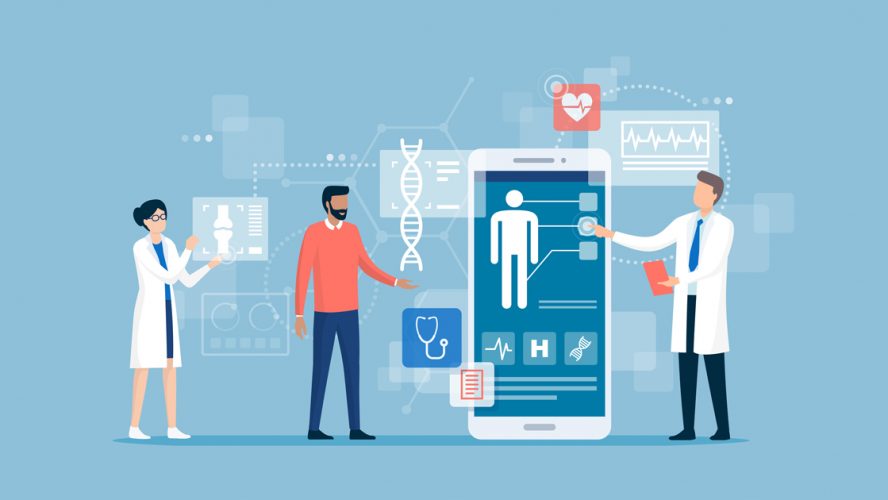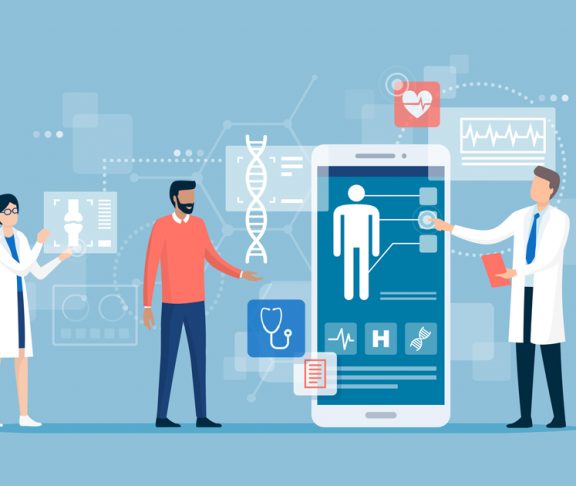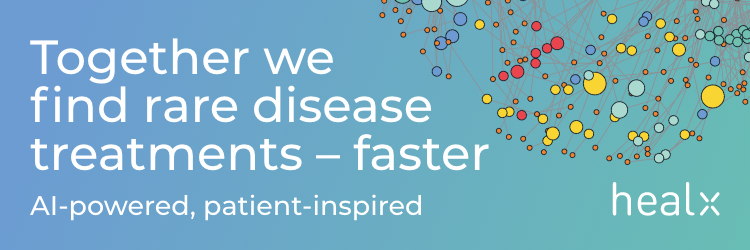
Nick Meade
Director of Policy, Genetic Alliance UK
Cell and gene therapy are innovative treatment paradigms that are expected to revolutionise the treatment of patients with unmet need this decade.
Cell therapy is treatment using living cells – modified versions of the patient’s own cells or modified versions of a donor’s cells. Gene therapy is treatment using human genetic material, adding to or changing the genetic material of the patient.
Though both concepts have been around for a long time, with the recent use in the NHS of CAR-T cell therapies and multiple gene therapies for rare diseases being assessed by NICE, we are clearly on the cusp of a new era of treatment.
Patient and public dialogue – the twin track approach
The arrival of innovative approaches to treatment usually heralds the arrival of calls for national exercises to educate and engage the public on the technology and its implications.
We have seen this happen twice in recent years in the rare disease field with mitochondrial replacement therapy (more commonly, but less accurately known as three-parent IVF) and with genome editing.
Genetic Alliance UK has long stressed the importance of differentiating between ‘patients’ and ‘the public’ – they are not the same, and are not two distinct groups either. There is a complex population with spectrums of opinion and attitude.
The group of people affected by rare, genetic and undiagnosed conditions have a distinct attitude to issues such as data-sharing for research (strongly positive, even in the face of loss of privacy), adoption of innovative techniques (strongly positive, even with moderate risks), and many other issues.
Some of the motives for these perspectives are unmet health needs – most of these conditions have little or no treatments, and severity of condition – many conditions are serious and chronic or severely life-limiting.
Engage first with the patient, then roll out for public support
So of course, engagement needs to involve patients as well as the public. We would go further than this and say that engagement with patients is best done first, not least to improve the quality of public engagement.
The public can clearly engage with new technology independently of the patient experience, but public judgement is soundest when informed by an understanding of the value of technologies to patients. Starting with the treated individual, this value spreads out to siblings, parents, children, carers, the wider community, and saved opportunity and economic costs.
Genetic Alliance UK’s project, launching in May 2020, Talking about Cell and Gene Therapy, will educate and engage patients, parents and carers in cell and gene therapies.
Following the model we pioneered with Progress Educational Trust in 2017, when we worked on genome editing, we will have a series of workshops and a site visit to deliver two products from this work.
First, a group of people living with rare, genetic and undiagnosed conditions who are engaged and educated in this emerging technology. They will be able to engage in decision-making and in public discourse. We will also produce an analysis of the learning experience of our participants, examining which issues are most important to them, and where comprehension of the topics can be most challenging and which solutions are most effective.
Contributing to the future management of therapies
The national element of engagement is important. Engagement work in silos can become counterproductive and contradictory. This is why we are pleased that our work will feed into the activities of the National Institutes of Health Research’s UK-wide Advanced Therapies Coordinating Group, which aims to provide the framework for developing the UK’s ability to undertake clinical trials efficiently in this area.
Priority areas of work for the group include providing patients information about these new therapies, training the NHS workforce to understand and use advanced therapies, ensuring the relevant facilities are in place and helping pharmacists to develop the new processes and skills to administer these exciting new therapies safely.



